Paralympic Powerlifting is one of the Paralympic Movement’s fastest growing sports. The sport represents the ultimate test of upper body strength with athletes lifting up to three times their own bodyweight. Para Powerlifting is open to female and male athletes who have one or more of eight eligible physical impairments.
How to follows ParalympicsGB's Powerlifters
You can follow all the sessions and results via the live scoreboard here.
Please note the session start times listed on the official page above are based on the local time in Tokyo. Below are the UK times for each of ParalympicGB's powerlifters.
- Zoe Newson, Women's up to 41kg Category, Thursday 26 August, 5am
- Ali Jawad, Men's up to 59kg Category, Friday 27 August, 3am
- Olivia Broome, Women's up to 50kg Category, Friday 27 August, 5am
- Micky Yule, Men's up to 72kg Category, Saturday 28 August, 3am
- Louise Sugden, Women's up to 86kg Category, Monday 30 August, 5am
It is disappointing for us to inform friends, family members, and supporters of recent news that the Para Powerlifting competitions taking place in Tokyo at this summer's Paralympic Games will not be broadcast live on television or online.

Despite a general increase in overall global coverage for this summer's games, unfortunately it was announced that three sports will only receive highlights coverage. These are Para Powerlifting, Taekwondo and Wheelchair Fencing.
At this time, our understanding is that there will be no live broadcasts of these three sports as a result of decisions made outside of our control. An expanded list of sports to be broadcast was confirmed in July.
It is disappointing for our athletes not to get an opportunity to showcase their sport and capabilities live to the world, nor share that live experience with their friends and families who cannot travel to Tokyo this year.
British Weight Lifting has been asked by our team in Tokyo to communicate this information in order to best support them and we understand that this message will no doubt disappoint many.
However, British Weight Lifting is committed to communicating results as fast as possible in order to keep people in the UK and around the world informed and updated of how our athletes perform in Tokyo.
If an alternative way for people to follow the live progress of Para Powerlifting can be discovered, we will communicate this across our channels immediately.
The team continue to train hard and prepare well in Tokyo and are supported with positivity and optimism despite these developments.
Regardless of the coverage, we will celebrate their results at this Paralympics which has been so eagerly awaited, yet so uncertain for so long, and therefore we would like to invite everyone to join us in getting behind our team!
Para Powerlifters of the Future
As we approach the Tokyo 2020 Paralympic Games, British Weight Lifting are delighted to launch our new Talent ID campaign Para Powerlifters of the Future, a social media video submission series designed to help find future Paralympians.
We are inviting any eligible individual to tag us in videos of themselves bench pressing to get reviewed by our World Class Program performance team.
It doesn’t matter if you are an experienced Para sport athlete or a complete beginner, we are looking to give everyone an opportunity to showcase their potential as part of this new initiative.
Para Powerlifting is one of the Paralympic movement’s fastest growing sports in terms of participants and is now practiced in nearly 100 countries.
The sport represents the ultimate test of upper body strength with athletes competing in the bench press discipline.
Para Powerlifting is designed for individuals with an eligible physical impairment. The sport is governed by British Weight Lifting in Great Britain and World Para Powerlifting globally.
Athletes must lower the bar to their chest, hold it motionless on the chest and then press it upwards, evenly to arms-length. In-competition athletes are given three attempts and the winner is the athlete who lifts the highest load.
Para Powerlifters of the Future is a campaign launched by BWL to identify potential future Paralympians and raise awareness of the sport ahead of this years Paralympic Games in Tokyo and Paris in 2024
With the Paris and LA Paralympic Games being only being a few years away, we are starting our search to strengthen our team right now.
Great Britain has a proud history in the sport, having won 29 medals in Para Powerlifting at the Paralympic Games over the years.
Throughout the campaign we will be updating our Instagram account with information about Para Powerlifting, how to compete, the history of the sport and lots of behind the scenes from Tokyo 2020 drawing inspiration from the past and present in order to build for the future.
Eligible individuals can upload their bench press videos and tag us on Instagram to have the opportunity for their lifts to be reviewed by the BWL World Class Program performance team as part of our Talent ID search. You can find out more details below.
Para Powerlifting is open to individuals with one or multiple of the eight eligible physical impairments, providing these impairments have a certain severity that impacts on a person’s sport performance.
It is open to individuals who have an impairment in their lower limbs or hips, which would prohibit them to compete in Olympic Weightlifting. For example, athletes with a single or double lower limb amputation through or above the ankle or significantly reduce lower limb muscle power or range of movement as a result of injury or medical conditions for example.
The eight impairment types are as follows:
- Impaired Muscle Power
- Impaired Passive Range of Movement
- Limb Deficiency
- Leg Length Difference
- Short Stature
- Hypertonia
- Ataxia
- Athetosis
Unfortunately, people with hearing, visual or intellectual impairments only, are not eligible for Para Powerlifting but can still participate in Olympic Weightlifting.
For those who are able to compete in Para Powerlifting events, the Para Powerlifters of the Future campaign is open to anyone of any age, gender, ability, background who is a British passport holder and who would be eligible to represent Great Britain in international events.
If you meet these requirements or know someone that does, we would love you to get involved in Para Powerlifters of the Future or share the campaign with those who can, to raise awareness of the sport.
To get involved all you have to do is share your bench press videos with us on Instagram in the run up to this year’s Games which are taking place between 5 August - 30 August
- Upload a video to your Instagram account
- Tag @britishwl and @bwlparapowerlifting
- Use the hashtag #FuturePP for us to be able to view, review and potentially re-post your bench press videos on our channels in support of ParalympicsGB Para Powerlifting athletes at the Tokyo 2020 Games and beyond!
Filming Top Tip: Be sure to show us how much weight is on the bar by recording the loading or unloading of the bar and film from a good clear vantage point so we can see and enjoy the lifts in full.
If an individual does display significant potential in one of their videos, our performance team will get in touch to explore next steps.
We would like to wish everyone good luck and thank you for supporting the team ahead of the Tokyo Paralympic Games.
Lifters selected to represent Great Britain at Tokyo 2020
ParalympicsGB has confirmed the selection of five Powerlifters who will compete at the rescheduled Tokyo 2020 Paralympic Games. You can read the full story here.
Ali Jawad
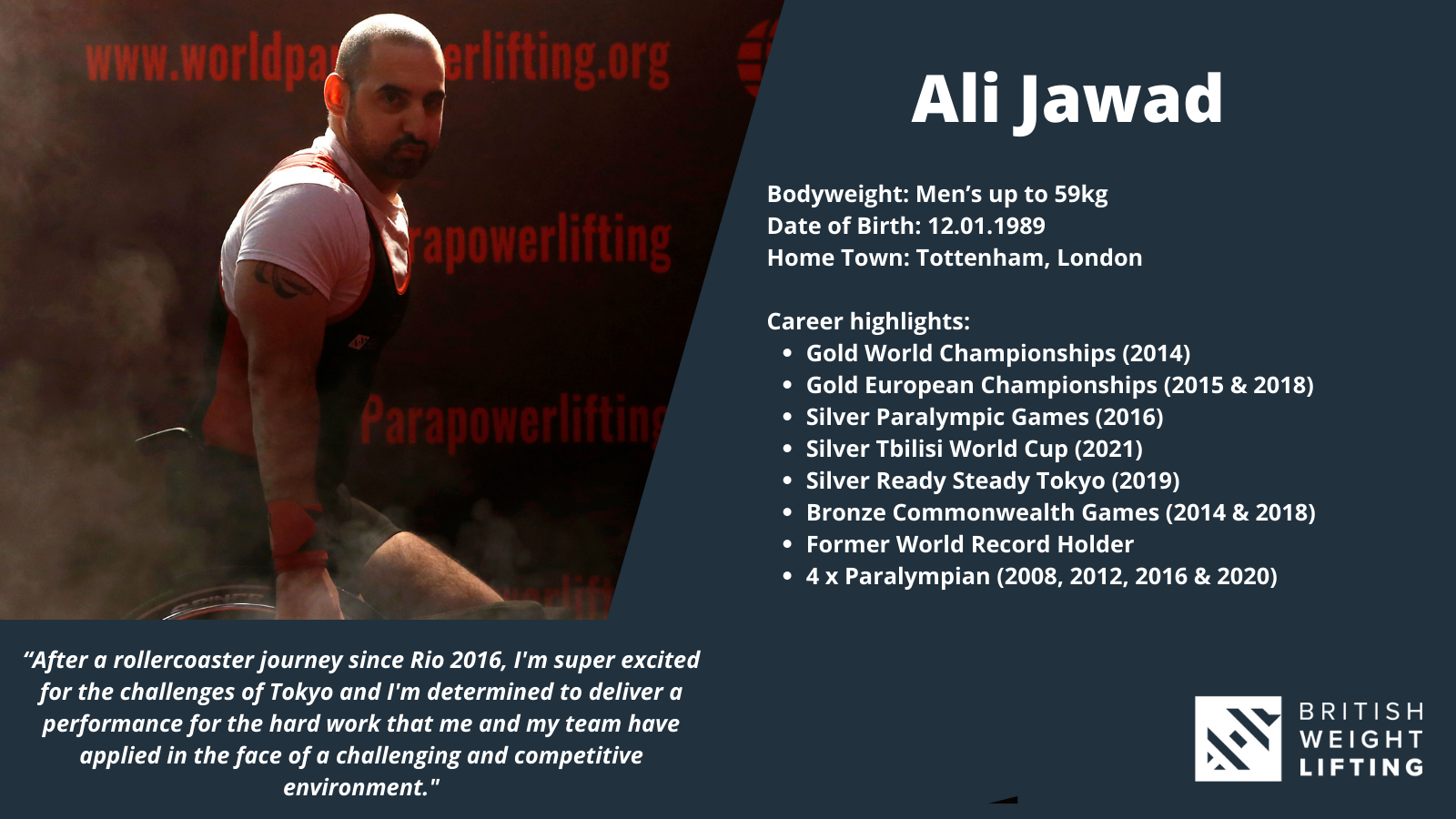
Find out more about Ali's career here
Zoe Newson
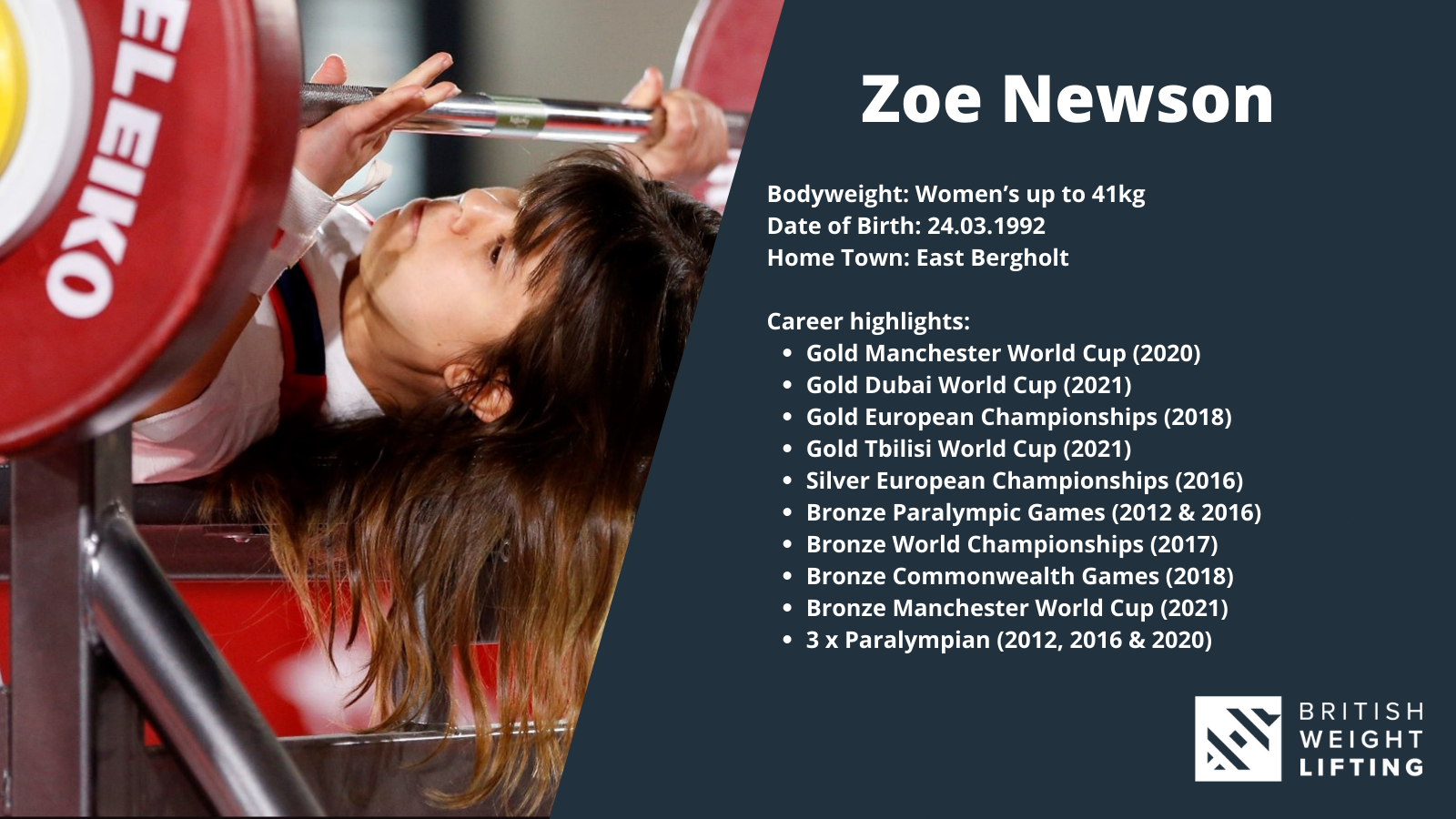
Find out more about Zoe's career here
Micky Yule
Find out more about Micky's career here
Louise Sugden
Find out more about Louise's career here
Olivia Broome
Find out more about Olivia's career here
A quick guide to Para Powerlifting at Tokyo 2020
In Para Powerlifting, athletes assume a supine position (flat on their back) on a specially designed bench. After taking the bar at arms-length with locked elbows and the bar under control, the athlete waits for a brief moment for the Chief Referee’s signal. After receiving the signal "start", the athlete must lower the bar to the chest, hold it motionless, touching and not sinking on the chest, and then press it upwards evenly, with an equal extension of both the arms with locked elbows. When held motionless and controlled in this position, the audible signal "rack" shall be given, and the bar is returned to the rack. After a moment of intense anticipation, the athlete receives the lift decision from the referees.
During the competition, each athlete has three attempts to record their heaviest lift successfully against the others in their bodyweight category, divided by three distinct rounds. The order the athletes compete in is from the lowest lift attempt weight requested to the highest. If athletes choose the same lifting weight, the athlete with the lowest lot draw number will begin. The lot draw number is a random number allocated to each athlete and also used for the order of the kit check and weigh-in processes.
Each athlete has two minutes to start their lift attempt. An athlete’s coach may accompany the athlete to assist them onto and leaving the bench and with strapping but during the lift attempt, they must stay in the outlined box near the lifting area.
If an athlete’s lift is successful, then the attempt weight for the next round must be raised by a minimum of 1kg. If an athlete’s lift is unsuccessful, then the lifting weight can be the same until the lift is successful. If an athlete’s lift can break a record, then the attempt can be increased by 0.5kg; however, the recorded result would be rounded down to the nearest full kilogram.
At the Paralympic Games athletes are split by gender in 10 different bodyweight categories. The lifter who lifts the highest weight in each category wins with the top three each receiving medals.
Great Britain has won 29 medals in Para Powerlifting at the Paralympic Games. This breaks down into 8 gold, 10 silver and 11 bronze medals. The tally also includes medals won in Paralympic Weightlifting, an earlier incarnation of the sport.
Emma Brown is the most successful gold medalist having been crowned Paralympic champion twice, first in Sydney 2000 and again at Athens 2004.
Ralph Rowe has won the most medals winning five in six Paralympic appearances including gold in 1972.
There will be a total of 180 athletes at Tokyo 2020.
The top 8 ranked male athletes, and top 8 ranked female athletes in each bodyweight category listed on the world Para Powerlifting Paralympic ranking list will obtain a direct qualification slot in their respective medal event. This consists of 80 male and 80 female athletes. Only lifters who compete within prerequisite events (e.g. World Championships) held throughout the four year cycle are eligible via this route.
The ranking lists are sorted by each athlete’s best single result. If two athletes are tied on the same weight, then the lifter with the lowest bodyweight ranks ahead.
20 Bipartite qualification slots will also be granted in either gender on a discretionary basis by World Para Powerlifting.
There will be a total of 10 weight classes (10 for men’s and 10 for women’s) at Tokyo 2020. The competitions will take place in the Tokyo International Forum. Check out the table below to find out when each one is scheduled.
|
Event |
Date |
|
Men's -49 kg |
26 August |
|
Women's -41 kg |
26 August |
|
Women's -45 kg |
26 August |
|
Men's -54 kg |
26 August |
|
Men's -59 kg |
27 August |
|
Women's -50 kg |
27 August |
|
Women's -55 kg |
27 August |
|
Men's -65 kg |
27 August |
|
Men's -72 kg |
28 August |
|
Women's -61 kg |
28 August |
|
Women's -67 kg |
28 August |
|
Men's -80 kg |
28 August |
|
Men's -88 kg |
29 August |
|
Women's -73 kg |
29 August |
|
Women's -79 kg |
29 August |
|
Men's -97 kg |
29 August |
|
Men's -107 kg |
30 August |
|
Women's -86 kg |
30 August |
|
Women's +86 kg |
30 August |
|
Men's +107 kg |
30 August |
Do you have any more questions?
Get in touch with us by emailing enquires@britishweightlifting.org
Partners
-
 Official Partner
Official Partner
-
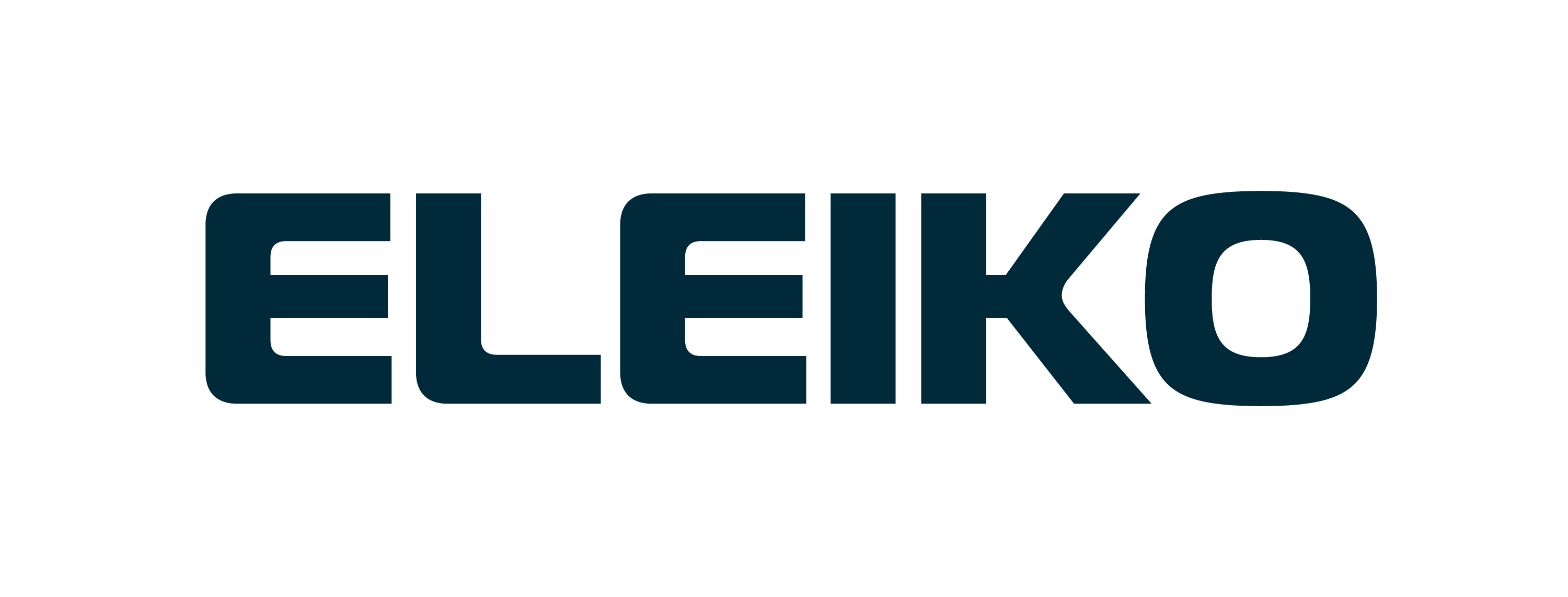 Official Equipment Partner
Official Equipment Partner
-
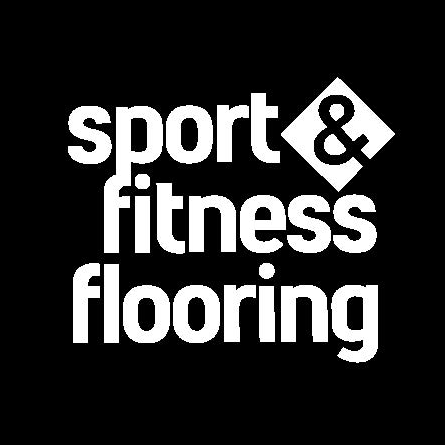 Official Partner
Official Partner
-
 Official Partner
Official Partner
-
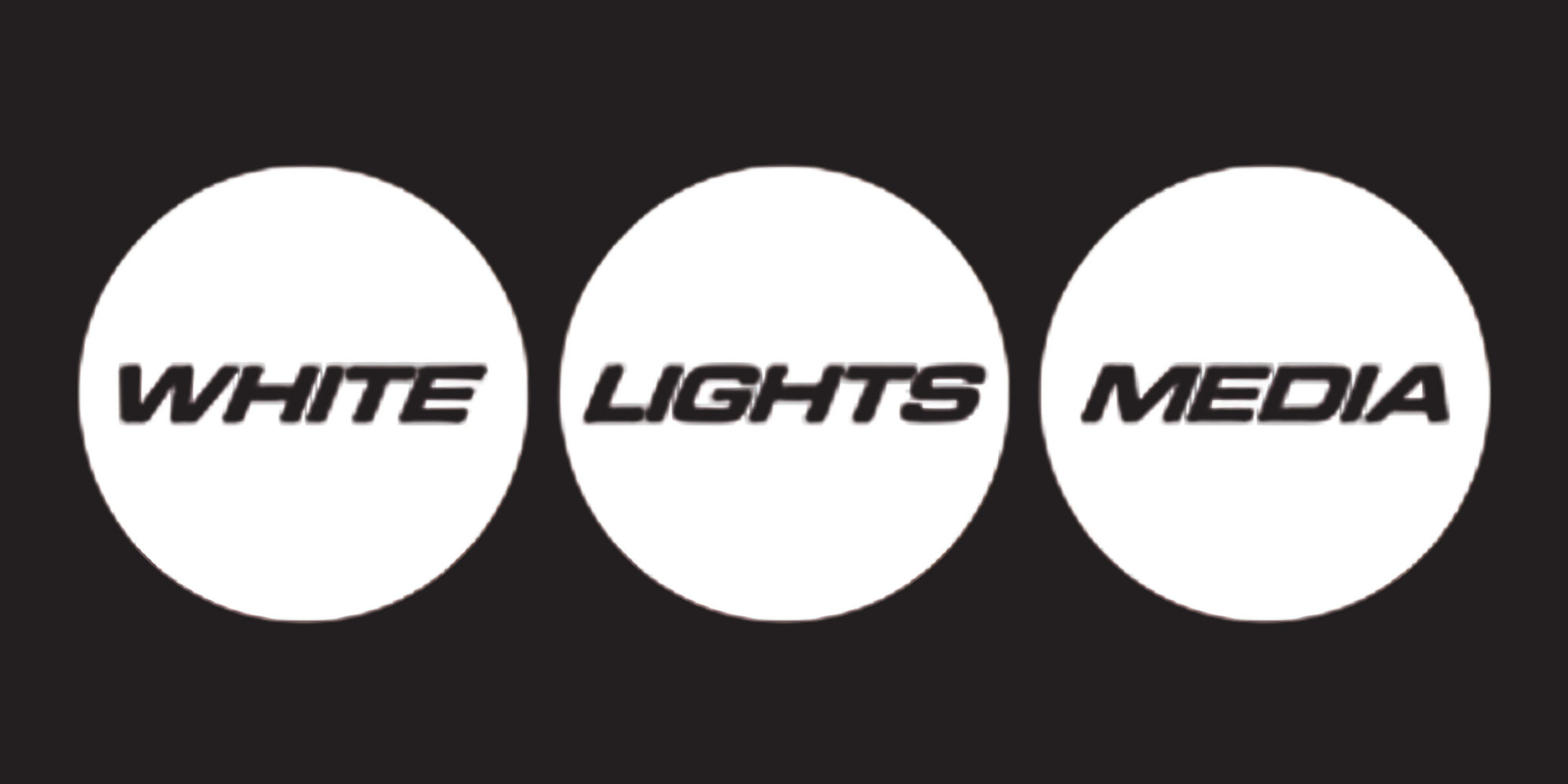 Official Photography Agency
Official Photography Agency
-
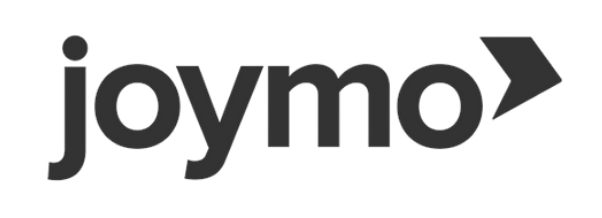 Official Partner
Official Partner
-
 Official Partner
Official Partner
-
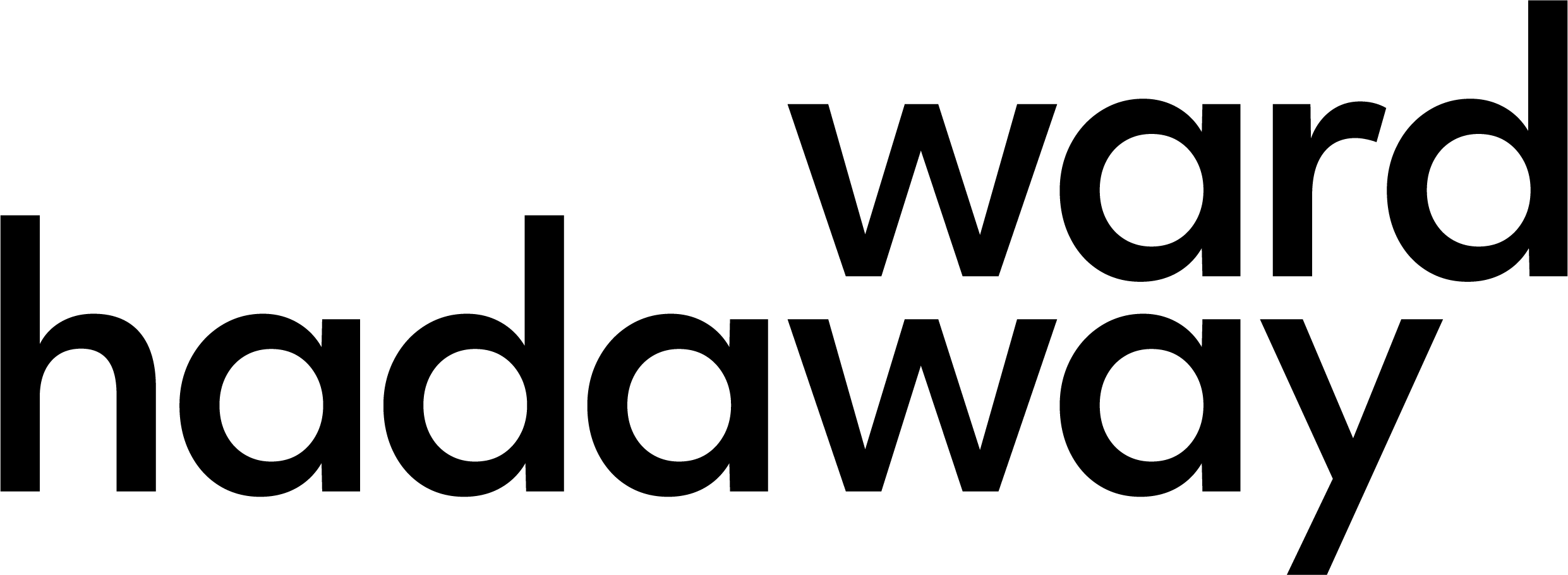 Official Partner
Official Partner
-
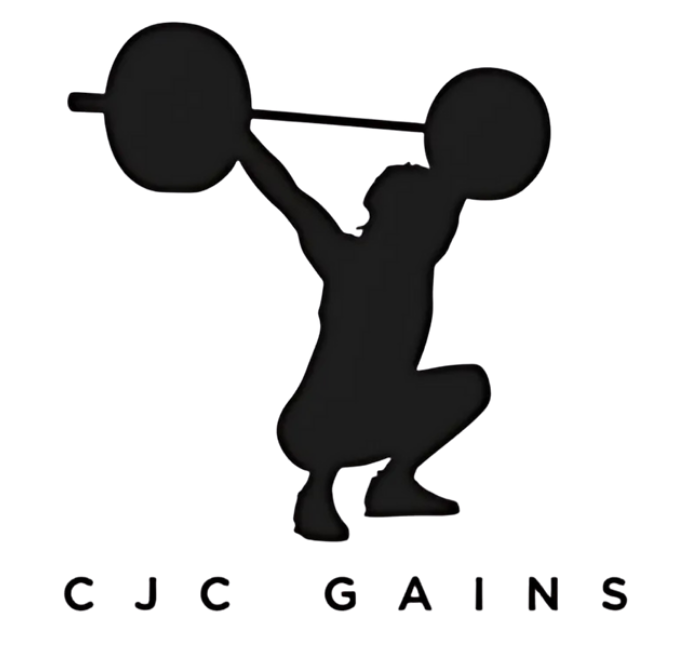 Official Partner
Official Partner
-
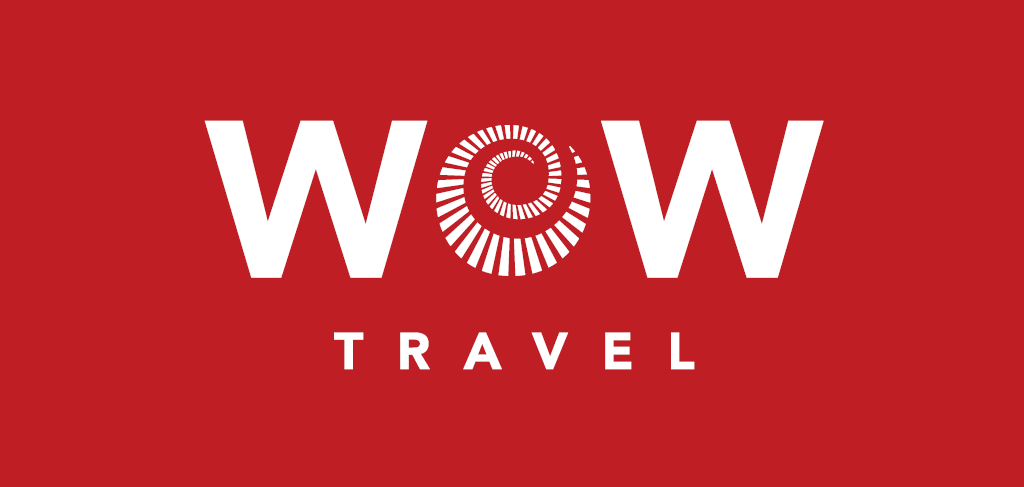 Official Travel Partner
Official Travel Partner
-
 Partner
Partner
-
 Funding Partner
Funding Partner
-
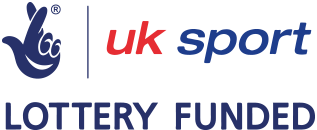 Funding Partner
Funding Partner
-
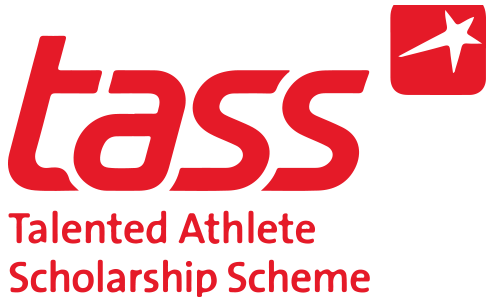 Funding Partner
Funding Partner
-
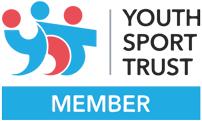 Official Strategic Partner
Official Strategic Partner
-
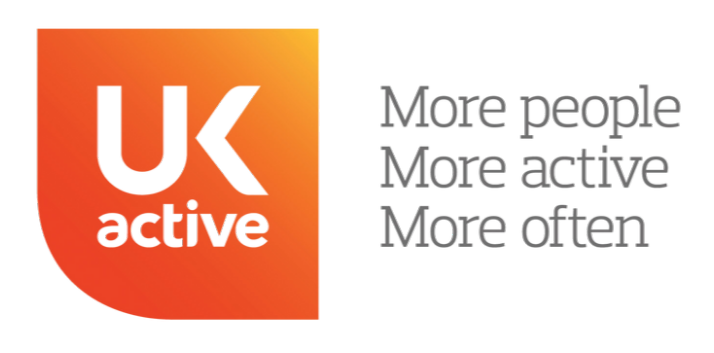 Official Strategic Partner
Official Strategic Partner
-
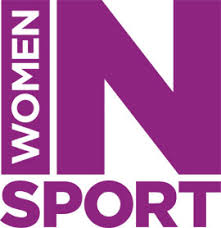 Official Strategic Partner
Official Strategic Partner
-
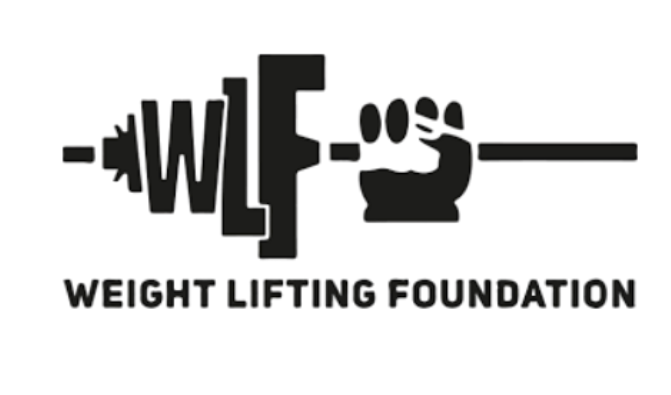 Weight Lifting Foundation Charity
Weight Lifting Foundation Charity
-
 Official ELearning Partner
Official ELearning Partner
-
 Official Awarding Organisation
Official Awarding Organisation
-
 Official Course Endorsement
Official Course Endorsement


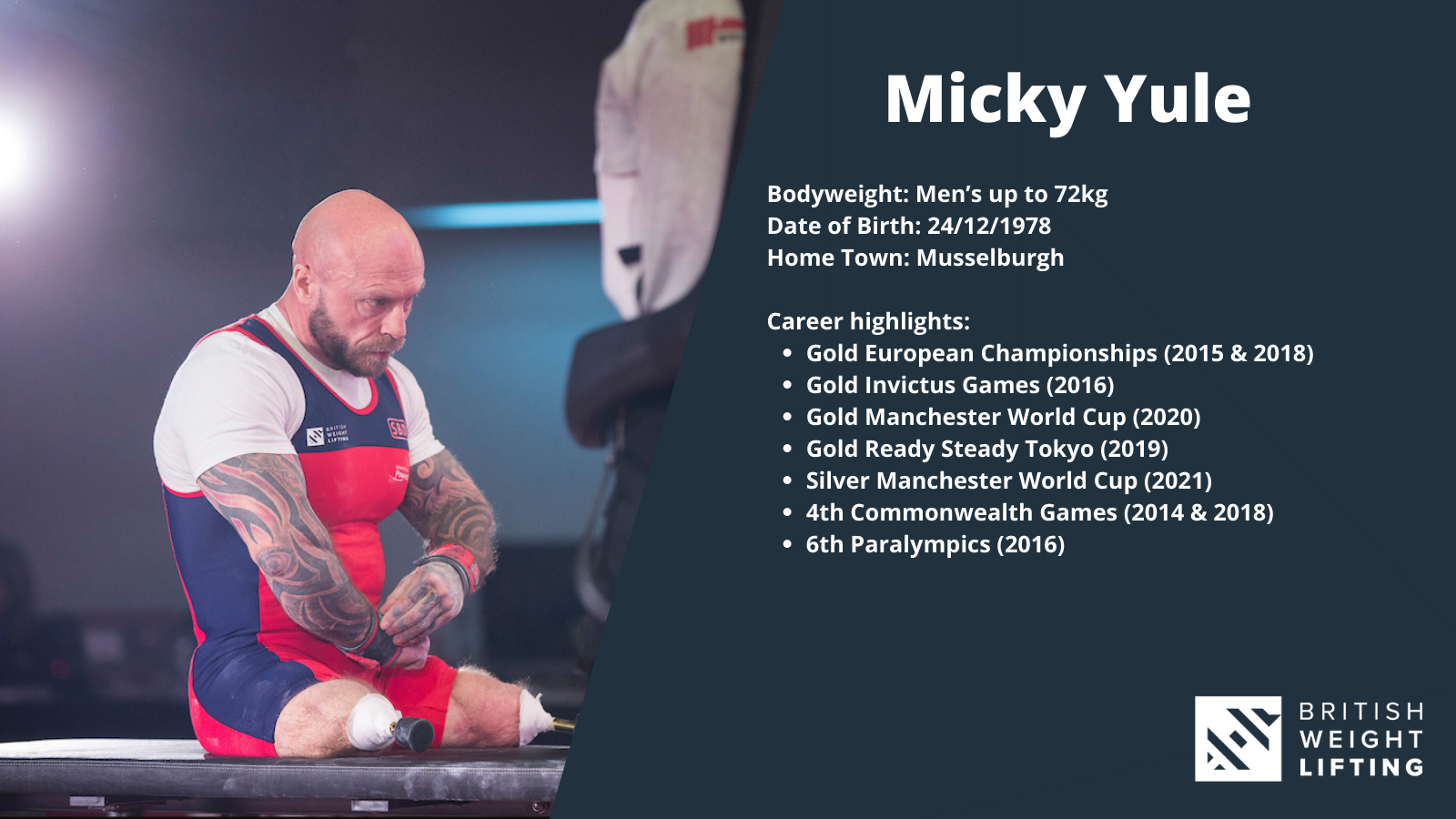
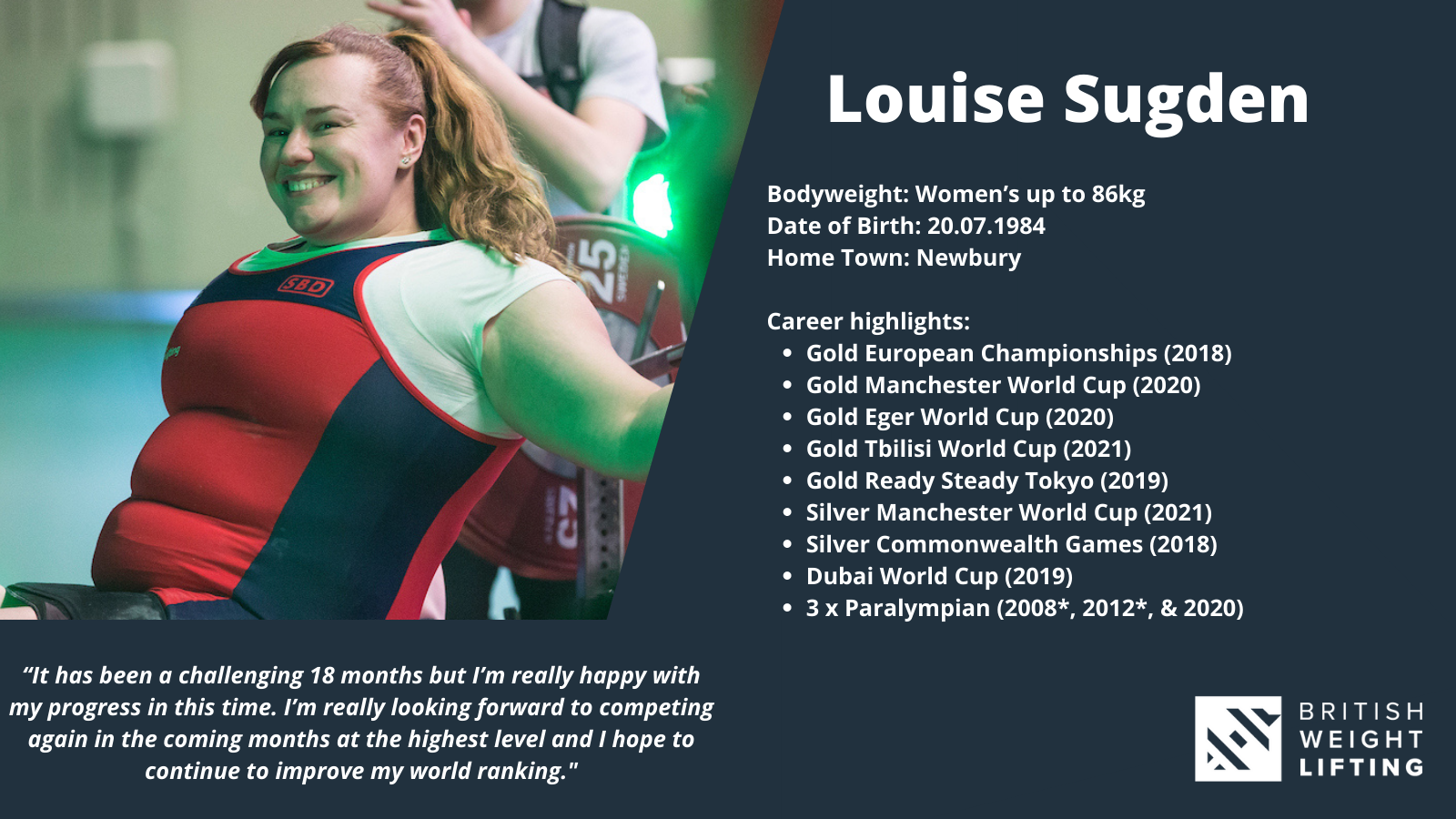
.png)
